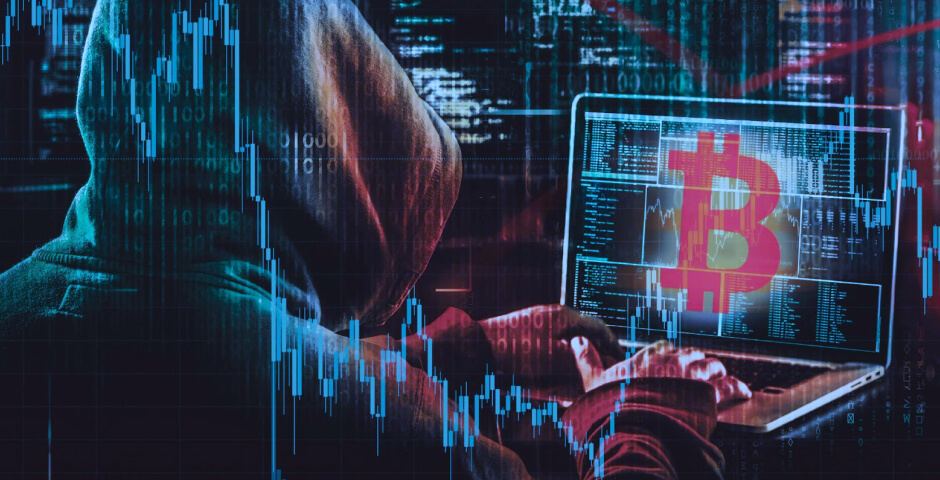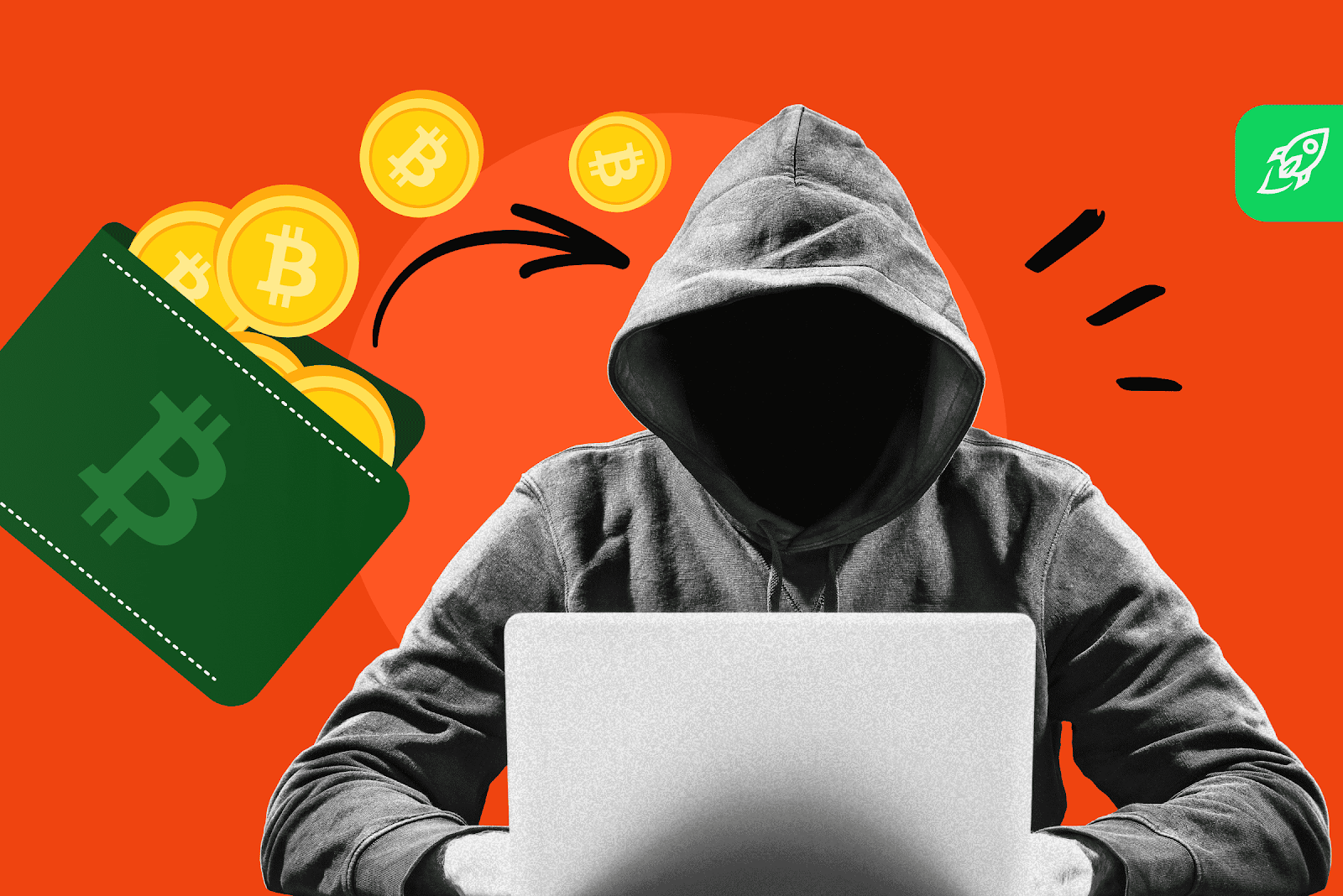Cryptocurrency, like any money, needs to be stored somewhere. Since the money is virtual, special crypto wallets have been invented for them. They serve to store this currency and conduct various payment operations with it. Such a wallet is a tempting target for scammers, naturally, they hunt them to steal cryptocurrency.
Crypto Wallet
This is a virtual wallet created for storing cryptocurrency. Crypto wallets come in "cold" and "hot" types.
The "cold" type of wallets is gaining popularity due to its safe way of storing cryptocurrency. A "cold" crypto wallet is an electronic device specially created for storing private keys and encrypting crypto money offline. This means that the assets are not constantly connected to the internet and have online protection against cyberattacks and hacks.
The "hot" type of wallets provides easy access to crypto money for trading and transactions. They are stored on online resources and provide an accessible interface for users. They are easily integrated with various electronic devices, but they are less secure because they are on online platforms.

The user independently chooses which type of wallet suits them, but it should be understood that a cold crypto wallet is a device that needs to be purchased separately, while a hot crypto wallet is an online platform.
Cryptocurrency Fraud
The simplest and most common theme with cryptocurrency fraud is phishing. This is obtaining part of the information that allows access to the crypto wallet. This can be:
- secret keys;
- passwords;
- logins.
To obtain this information, scammers send phishing emails containing links to fake platforms where registration will require entering wallet data, which already compromises its confidentiality.
No less popular method of cryptocurrency fraud is the financial pyramid. Scammers lure investors using advertising, for example, about trading courses, stock profits with promises of high returns on user investments. However, in reality, it looks different. Attracting investors, scammers may pay out the first small dividends to encourage investors to invite more people and, using the contributions of those invited, generate profit. As is known, such income is short-lived, mainly, after collecting the necessary amount, scammers close the project and disappear with the money.

Fake Wallets
Very often, scammers create fake wallets on online platforms intended for cryptocurrency trading. These are clones of official sites; using technology or even artificial intelligence, fraudsters clone a site that carries the same information as the original but may be slightly altered, so it is not immediately noticeable. By accessing such platforms and registering, the user enters personal data, thus granting scammers access to this information. As soon as the user funds the fake crypto wallet, an attack begins, and the money from their account can be withdrawn instantly.
Before registering on a crypto wallet platform, it is necessary to carefully study the resource to check for its authenticity.
Cryptocurrency Protection
Every cryptocurrency holder dreams of its inviolability from scammers.
Therefore, to protect cryptocurrency, it is necessary to adhere to the basic principles:
- choose reliable cryptocurrency wallets (they can be both hardware, which store private keys offline and have a secure space for generating these keys and transaction signatures, and must be purchased from reliable resources, as well as software, which are wallets that offer two-factor authentication);
- create a highly secure password with additional authentication (they should be complex, with various sets of characters, not tied to birth dates, pet names, children's names or significant dates, and two-factor authentication ensures that the account is inaccessible to scammers, requiring additional passwords);
- do not forget to update software on both electronic devices and applications (such updates ensure security and protection against viral programs);
- carefully study messages that may be phishing attacks (do not click on unfamiliar links, do not enter passwords and crypto wallet numbers on phishing sites).

By securing the crypto wallet, the user preserves their assets from unauthorized interference and theft.
 >
>